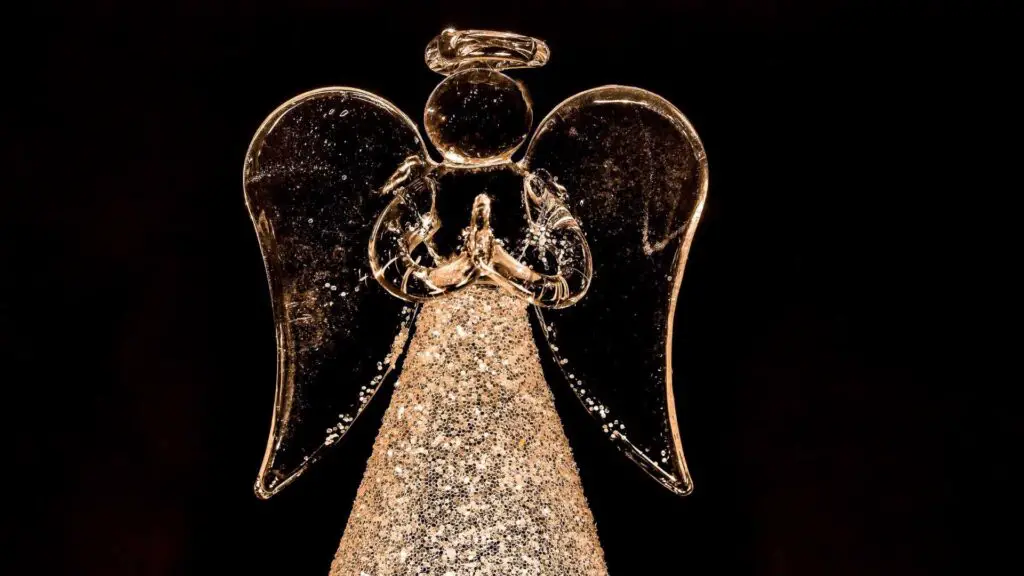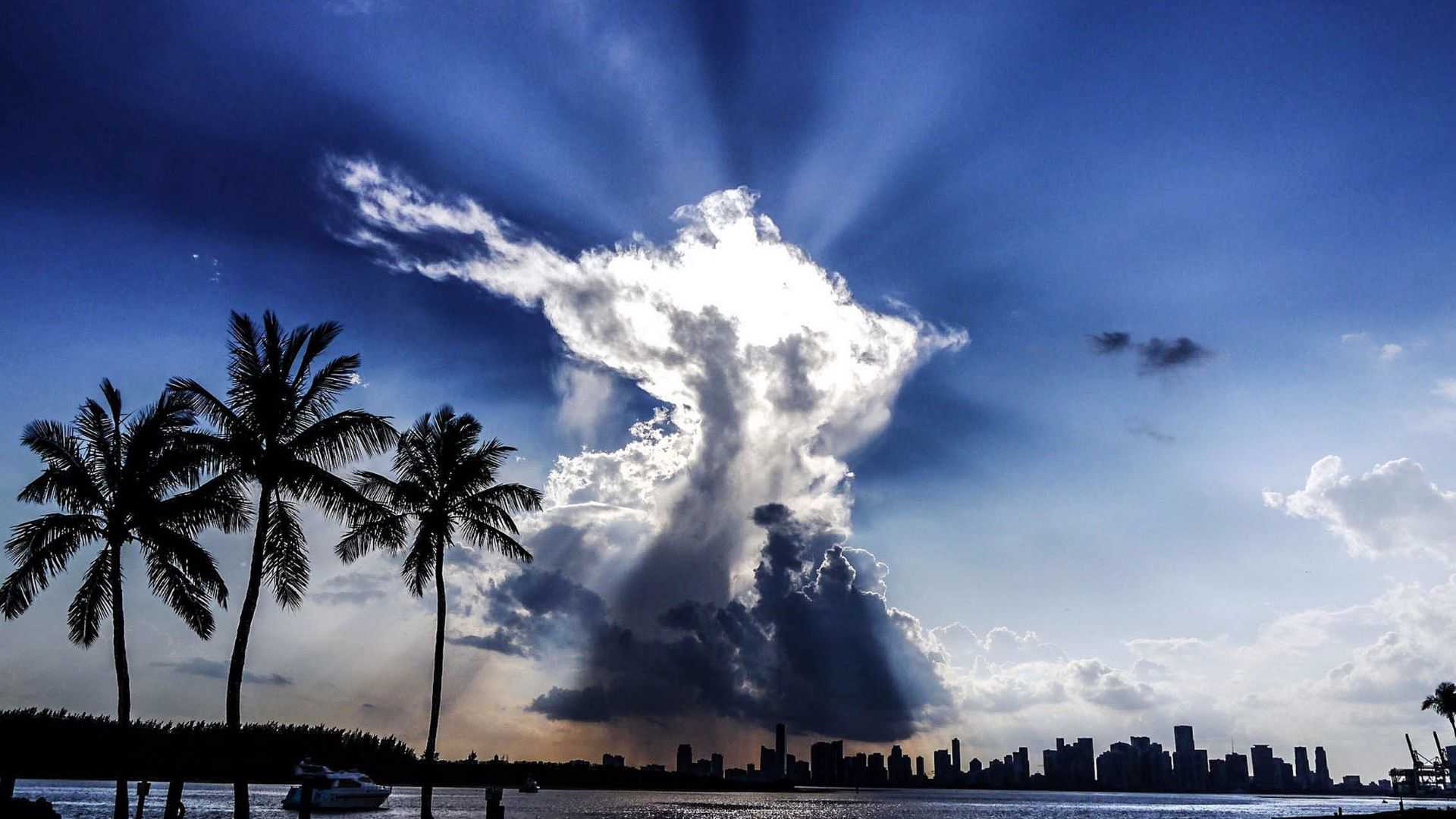Names of Angels in Islam: There are a lot of angels and a few Names of Angels in Islam are mentioned in the Quran. One of the core principles of Islam is the notion that angels exist. Muslims believe that God made angels out of light. God’s laws are obeyed by angels in the natural world and the heavens. The presence of angels behind them, acting under God’s direction, causes what we typically refer to as the “forces of nature” to come into action.
The term “alam al-ghayb” refers to a level of existence that is above the universe of occurrences that can be perceived, where angels belong. We, humans, cannot imagine beings who live outside of the physical world of ordinary reality since we are God’s creatures living there. Muslims hold the belief that angels exist because God mentions them in His revelations. Even though they are typically invisible beings, angels may appear in different forms if required.
Malak (plural: mala’ikah) is the Arabic name for an angel, and its core word means “messenger.” Muslims hold that God revealed the Qur’an to Prophet Muhammad through the angel Gabriel, also known as Jibreel (peace be upon him). He appeared to the Prophet as a talking human, which was appropriate given his position. The Prophet’s guide on the Night of Ascension or Al-Mi’raj was the same Angel Jibreel. However, it is crucial to note that in Islam, angels are not seen as intermediaries between God and mankind in the sense that humans cannot approach God except through the angels. God may give His revelation through the angel Gabriel.
The Qur’an also mentions the importance of angels in processes like creation, prophecy, spiritual life, death, and the functioning of the elements of nature. For instance, an angel that sends thunder also serves God and complies with His orders. Other angels are in charge of womb-bound embryos or are in charge of guarding people. These passages from the Qur’an discuss the angel of death’s mandate:
“The angel of death, who has been charged with you, will gather you; then to your Lord you will be returned.” (As-Sajdah 32:11)
The Qur’an also mentions angels connected with Heaven and Hell:
“Gardens of Eden which they shall enter … and the angels shall enter unto them from every gate.” (Ar-Ra`d 13:23)
There are angels who record human deeds on Earth:
“There are over you watchers, noble writers, who know whatever you do.” (Al-Infitar 82:10-12) “Over every soul there is a watcher.” (At-Tariq 86:4)
Numerous hadiths also make reference to angels. According to reports, the Prophet Muhammad (peace be upon him) said, “The angels surround them, mercy covers them, peace descends on them, and God remembers them among those who are with Him” (At-Tirmidhi) when people assemble together to commemorate God.
Because they lack a free choice, angels differ from humans in this way. They were made specifically with the intention of serving God and obeying His commands. Some angels constantly worship God by bowing down before Him and never lifting their heads. Let’s know more about the Names of Angels in Islam and their duties.
How many types of angels are there in Islam? What are they supposed to do?
The number of angels is a secret only to Allah. The Qur’an and hadiths are vague on the subject of the number of angels in Islam. On the basis of hadiths, we can assert that they number far more than we are able to enumerate. Additionally, the news of the prophet Muhammad (PBUH) states that an angel comes to the earth with a drop of rain and its turn does not come again. We can list the Names of Angels in Islam and their responsibilities as follows:
Gabriel/ Jibreel (A.S) (PBUH)
One of the four finest angels is Gabriel (A.S). He is chosen by Allah to deliver revelations to the prophets. Jibril appears three times in the Qur’an as His name. Additionally, He is referred to in passages as “the spirit,” “rasulun karim,” “ruh al-Amin,” and “ruh al-qudus.” In addition to these, he is referred to as “an-namus” in one of the hadiths.
Hz. Israfel (A.S): The Angel of Soor (The Trumpet)
Israfel is the name of the angel who will sound the trumpet. The hadiths list his name alongside the names of the other four major angels. The Doomsday will come about in the first of Israfel’s two blowings, and the resurrection will come about in the second. He is referred to as the angel of Soor because of this job of his (the Trumpet). When asked what a trumpet was, the prophet Muhammad (PBUH) replied, “A horn that is blown” (Ahmad b. Hanbal, II, 196).
“Israfel is awaiting the order of blowing as He grasps the trumpet,” the prophet Muhammad (PBUH) remarked. (Tabari Jami-ul Bayan, VII, 211; Ibn Kathir, Tafsiru’l-Qur’an-il Azim, Egypt, n.d. II, 276)
Hz. Azrael (A.S): the Death Angel
It is his responsibility to seize the souls of those whose time has come to pass. ‘ Malak-ul Mawt”, or the angel of death, is the name given to him.
Say: “The Angel of Death, put in charge of you, will (duly) take your souls: then shall ye be brought back to your Lord.” (Surah as-Sajda)
Also Read: Malak-ul-Maut: Angel of Death in Islam
Hz. Mikail (A.S) (Michael): in charge of this realm’s happenings
He is one of the four greatest angels and is in charge of managing the supplications of all living things. He also causes the rain to fall, the wind to blow, and other natural occurrences like the ordering of the seasons. The Qur’an only makes reference to him once. Hz. Mikail is tasked with managing all the work of God on Earth with Allah’s will and power.

The Kiraman Katibin angels
The names of the angels who stand to the right and left of humans. The good deeds and manners are recorded by the angel on the right, while the bad deeds and manners are recorded by the angel on the left. The angels, also known as Hafaza, will be there as observers of human actions on the Day of Judgment during reckoning.
The Muqarrabun Angels
The angels known as Illiyyun and Karubbiyyun are in charge of exalting Allah, are very close to Him, and enjoy a privileged position in front of Him.
“Those who sustain the Throne (of Allah) and those around it sing Glory and Praise to their Lord; believe in Him; and implore forgiveness for those who believe.” (Surah Ghafir, 7)
Angels of Munkar and Nakir:
They are the angels who question a person after he passes away and is buried. Unknown, unfamiliar, and unaccustomed are the meanings of the words “Munkar” and “Nakir.” They are referred to in this way because they approach the deceased in a way that has never been witnessed before. These two angels query the deceased and respond to their responses by asking the following questions: Who is your lord? Who is your prophet? What is your religion?
More angels exist than those stated here. According to hadiths, there are angels who guide people toward righteousness and truth, who soar to the surface of the planet when the Qur’an is recited, who are spiritual herders of earth’s animals, who control the clouds, who produce the sound of thunder, etc.
These were the Names of Angels in Islam and their duties. Read more Islamic Blogs or Follow us on social media for daily Islamic reminders.






